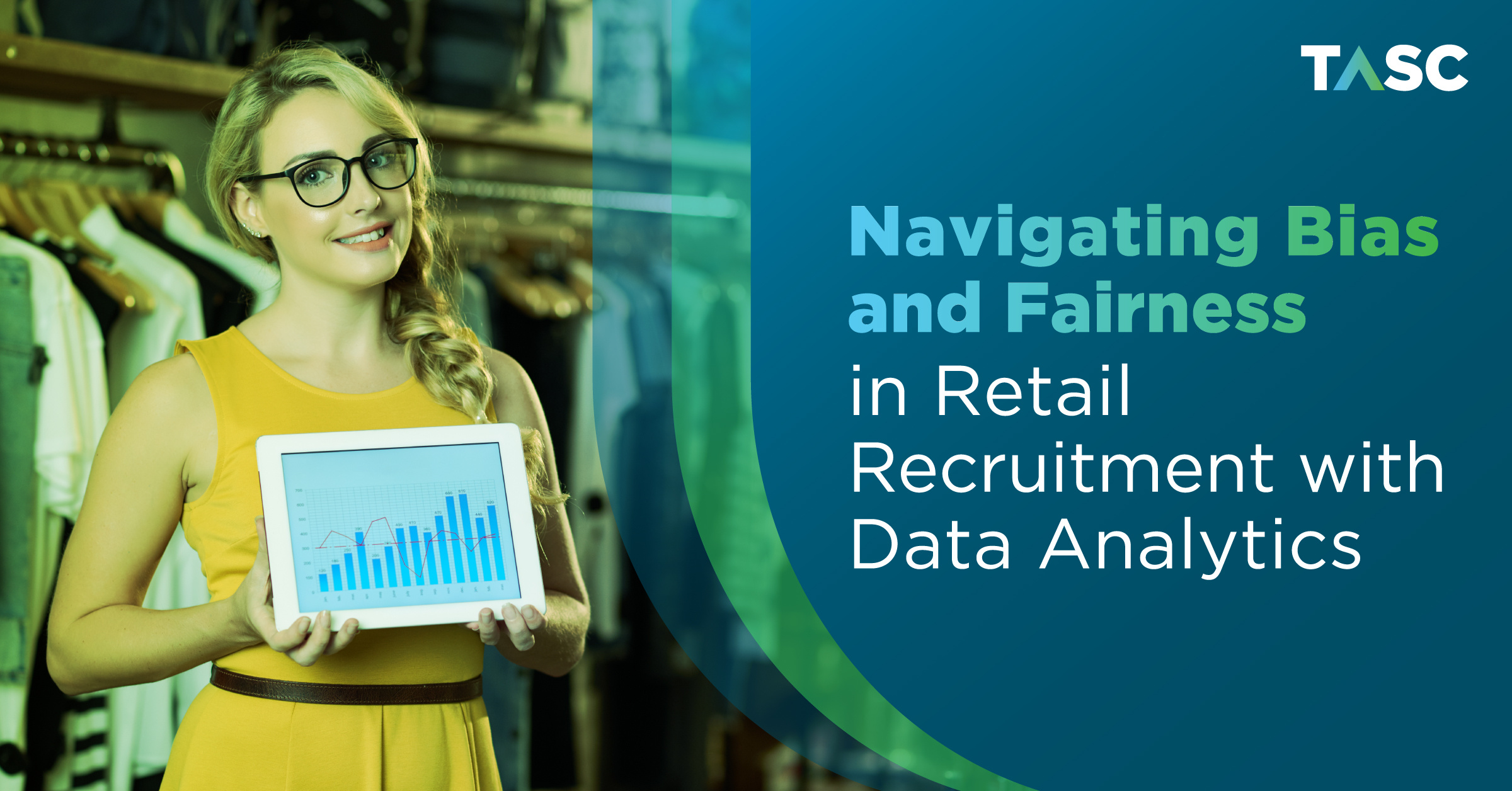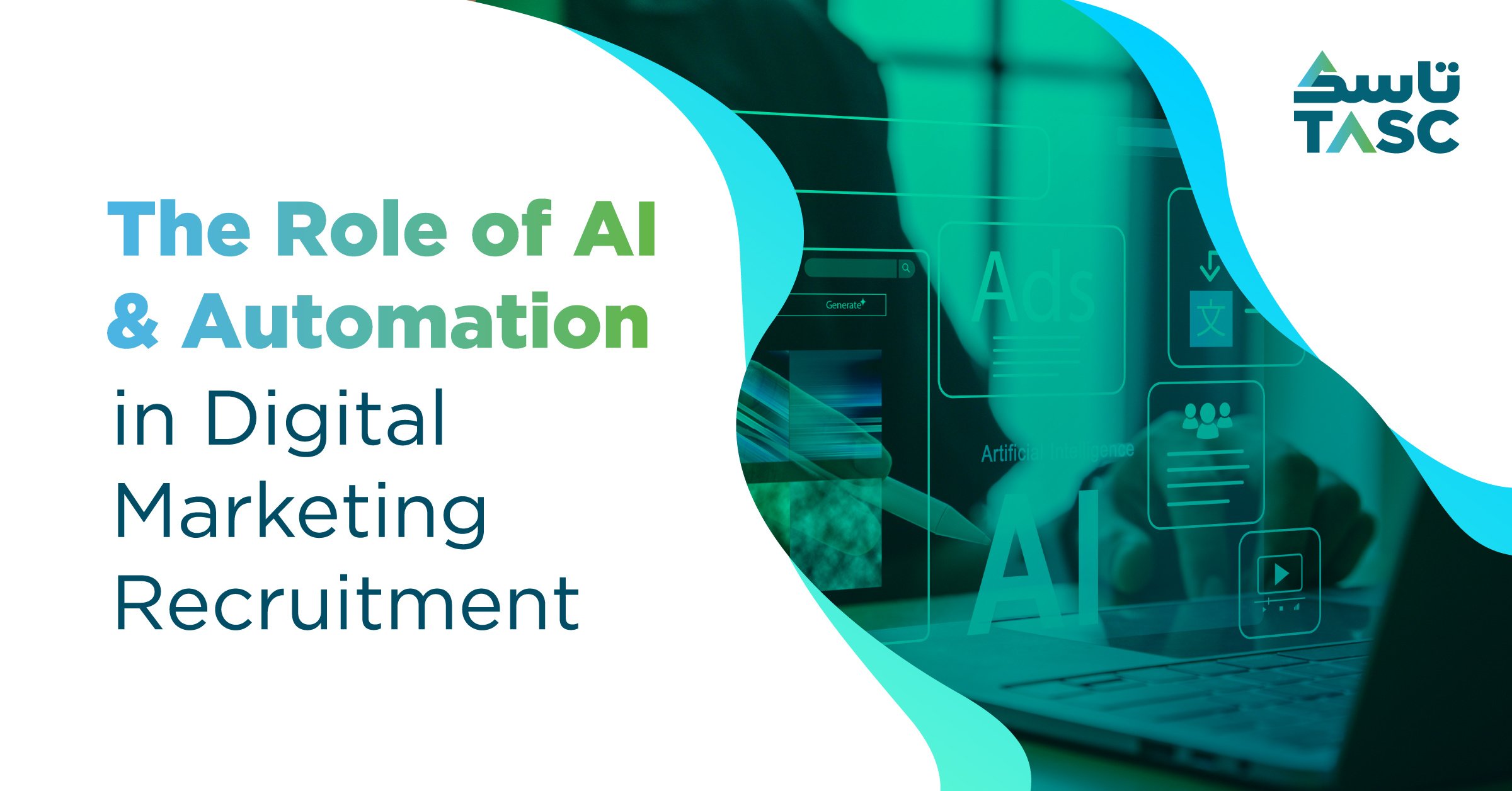Navigating Bias and Fairness in Retail Recruitment with Data Analytics
As humans, we're wired to make rapid decisions, a trait inherited from our hunter-gatherer days – a survival instinct of fight or flight. Think about it – even the choice to read this blog was a swift decision you made, and we make thousands of such decisions daily without any conscious awareness.
Our thought processes are significantly influenced by unconscious biases, molded by our upbringing, socialization, peer groups, and exposure to diversity in society and media. These biases subtly shape our perceptions and judgments as we navigate our daily choices.
In an ideal scenario, hiring decisions would be solely based on a candidate's ability to excel at the job. An objective, pragmatic approach would be the way to go – one that is free from subjective influences and unconscious biases. However, reality isn't always ideal, and external factors can inadvertently cloud the judgment.
And what does this mean for your retail business?
Wrong hiring decisions!
Let's be clear – employees are like gold for retailers. They're the ones facing the customers, so making smart hiring choices is non-negotiable. A bad productivity, just mess with productivity; it can also hit your brand reputation hard.
The recruitment process can become a breeding ground for unconscious bias. Recruiters are often advised to 'trust their gut' and rely on intuition when making decisions. The catch, though, is that intuition itself is rooted in unconscious bias.
It's a challenging reality – unconscious bias creeps into decision-making, often without us realizing it. Despite our best efforts, these biases manifest prominently in the hiring process.
The Impact of Unconscious Bias in Hiring
So, why should you be concerned about unconscious bias in your hiring process?
Well, for starters, bringing in the wrong person can lead to high turnover, costing your retail business a significant amount – sometimes even double the employee's annual salary. Plus, there's the legal hassle that comes with a biased hiring process.
But perhaps the most crucial aspect is that it stands in the way of building a diverse retail workforce.
A lack of diversity creates a workplace that misses out on unique experiences and perspectives that would otherwise promote innovation, problem-solving, and strategic planning.
Talented candidates actively seek diverse work environments, so overcoming unconscious bias in hiring not only builds an exceptional team but also attracts exceptional candidates.
And here's another one – a lack of diversity can impact your bottom line. Companies with diverse teams tend to perform better – 35% more likelihood of outshining their industry medians for ethnic diversity and 15% for gender diversity.
Another study showed that in various sectors, the more diverse the team, the better the performance.
Companies with high gender diversity in leadership outperform others by 45% in earnings per share. Similarly, cultural diversity improves innovation revenue by 45%.
Looking at these facts, it’s clear that it’s crucial to get rid of unconscious bias as it can hinder your efforts to build a diverse team, which ultimately impacts overall productivity.
While it’s understood that unconscious bias needs to be kicked out of the hiring process. However, it is easier said than done.
In that case, what can recruiters do to set things right?
The answer lies in leveraging data analytics in different stages of the hiring process.
When it comes to finding the right people for a job, using data for making decisions can act like a superpower – helping your retail business stay fair, inclusive, and efficient in hiring.
Smart Hiring – How Data Analytics Can Make a Difference
Traditional ways of hiring can sometimes let personal opinions and stereotypes sneak in, making the workplace less diverse. But with data-driven recruitment, you can use measurable numbers and clear criteria, which reduces the influence of personal judgments.
Data metrics like performance scores, completion times for tasks, and quantifiable achievements can be assessed to keep things fair in the recruitment stages. This shift can help build a diverse and inclusive team.
Using data in every step of the hiring process gives organizations a competitive edge. It not only brings in more diversity but also makes the whole process better. For instance, skills assessment tools provide objective data that leave no room for hidden biases.
AI-based hiring tools also work like superheroes in removing biases. They do everything from screening candidates to creating automated assessments. These tools, are designed to make sure the hiring process is fair and efficient.
Using Data Analytics in HR Processes
People analytics, a practice that uses statistical methods and data insights in the HR processes, can also play a big role in fighting unconscious bias. Companies that use data-driven HR are way more likely to improve their hiring process.
As a retailer, it’s important to note that identifying different biases in hiring is just the start. Once they are identified, strategies must be put in place to get rid of them. These strategies include –
- Structured Interviews – These are interviews that have standardised questions designed to minimise bias.
- Blind Resume Screening – The process removes information that’s personally identifiable from resumes.
- Diverse Hiring Panels – It involves hiring diverse interviewers who can offer various perspectives to tackle bias in the interview process.
- Training and Awareness – By offering bias training, it’s possible to increase awareness on the subject matter to reduce its impact.
But only implementing them is not enough because their impact has to be measured, and the only way do it right would be through data analytics.
To have a fair and inclusive hiring process, it’s important to combine smart data decisions, practical steps, and constantly check how well the strategies are working.
This approach not only gives candidates a fair chance but also make retail leaders foster diversity and equality within their organisations.
Wrapping Up
Dealing with unconscious bias in hiring might seem like a big hurdle, but it's definitely something that can be overcome.
With efficient data analytics tools, it is possible to take proactive steps that can help spot and reduce bias.
Such an approach leads to a fairer and more inclusive hiring process that not only helps build a diverse workforce but also keeps it packed with talent.





